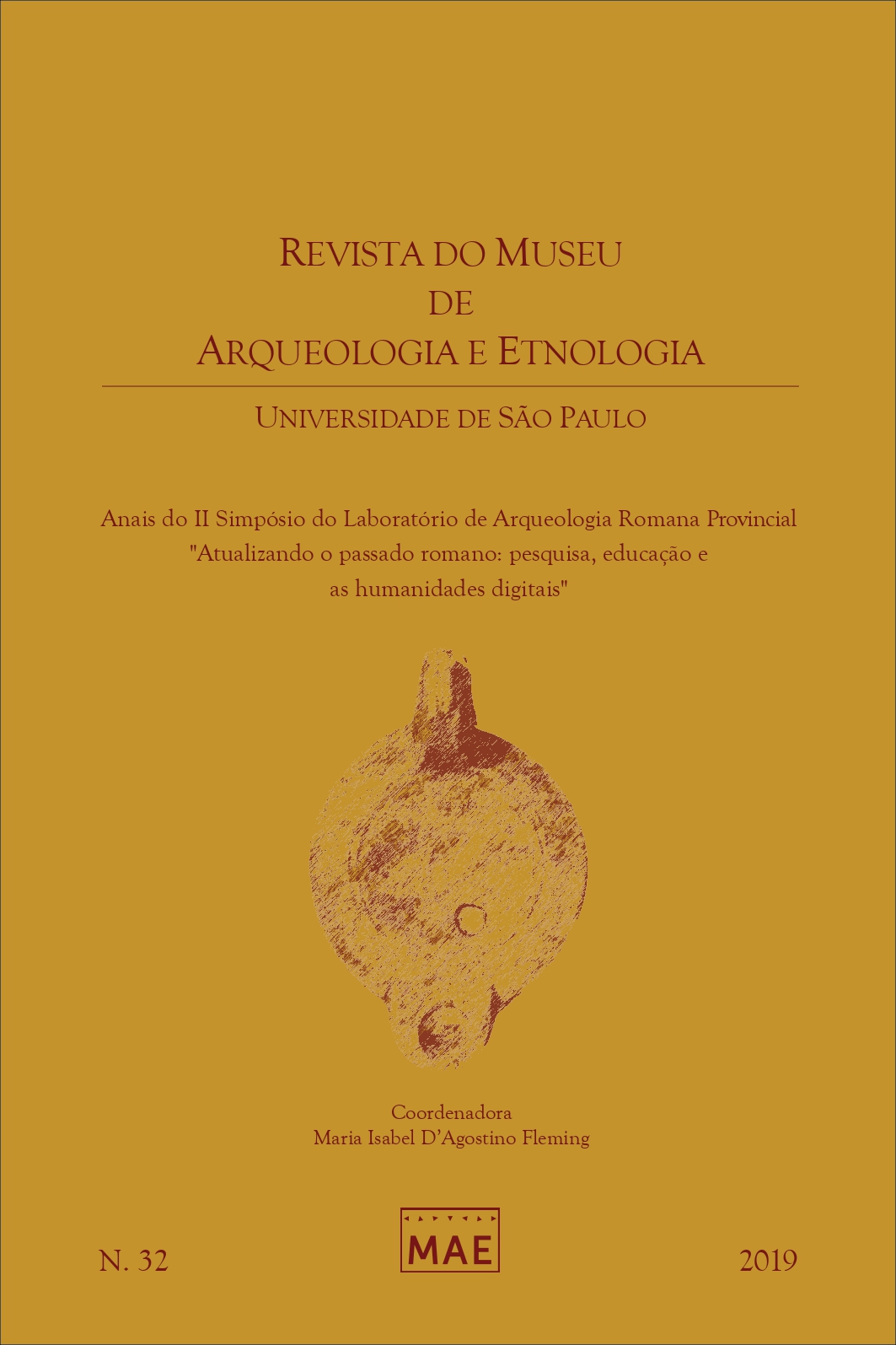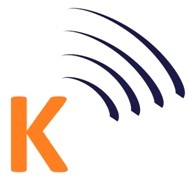Does the school model we have prepare young people to live in today’s society?
DOI:
https://doi.org/10.11606/issn.2448-1750.revmae.2019.164179Keywords:
Global culture, Hypersphere, Virtual communities, Digital technologies, SchoolAbstract
Postmodern society, post-human, hypersphere, artificial intelligence, Web 3.0, industry 4.0, society of fatigue, setting on Mars. In the midst of this social upheaval, it is urgent to reflect on the role of the school institution today. Does it fulfill its main function, i.e. to prepare the young people inclusion in the work environment and to develop a social conscience? How can we help future generations to face the enormous challenges that will arise in a social model that we do not know yet, in a world where uncertainty is the only certainty, where everything solid was liquefied? Is the integration of Digital Information and Communication Technologies - ICT in curricula sufficient for the school to solve the immeasurable problems that it faces? Morin states that “men always construct false conceptions of themselves, of what they do, of what they must do, of the world in which they live.” In this way, it would be up to the school to unveil the illusion and have the courage to practice the parrhesia of the Greeks, which means having the courage to tell the truth about oneself. The school must have the courage to see itself, realizing its fragilities. The tree model, sequential, linear, imposed throughout time no longer contemplates a rhizomatic society, in which there is the multiplicity of multiples. The world will never be the same after the advent of ICT. Artificial intelligence and the symbiotic relationship between man and machine will radically change the way humans are, be and perceive the world. There will be no way for man to compete with the machine. In this way, it will not be for the school to train technocrats for the world environment, but to rescue what the human has the best, which is their unicity in the midst of multiplicity.
Downloads
References
Baudrillard, J. 1991. Simulacros e simulação. Relógios d’Água, Lisboa.
Bauman, Z. 2008. Medo líquido. Jorge Zahar, Rio de Janeiro.
Benjamin, W. 1994. Magia e técnica, arte e política: ensaios sobre literatura e história da cultura. 7. ed. Brasiliense, São Paulo.
Bergson, H. 2006. Memória e vida. Martins Fontes, São Paulo.
Confúcio. 2007. Os analectos. L&PM, Porto Alegre.
Deleuze, G.; Guattari, F. 1995. Mil platôs – capitalismo e esquizofrenia. Editora 34, Rio de Janeiro, v. 1, 2 e 3.
Foucault, M. 1999. As palavras e as coisas. 8. ed. Martins Fontes, São Paulo.
Guattari, F. 1990. As três ecologias. Papirus, Campinas.
Merleau-Ponty, M. 2002. A prosa do mundo. Cosac & Naify, São Paulo.
Merleau-Ponty, M. 2007. O visível e o invisível. São Paulo: Perspectiva.
Morin, E. 2000. Os sete saberes necessários à educação do futuro. Unesco; Cortez.
Schopenhauer, A. 2003. Metafísica do belo. Editora da Unesp, São Paulo.
Downloads
Published
Issue
Section
License
Copyright (c) 2019 Aglaé Cecília Toledo Porto Alves

This work is licensed under a Creative Commons Attribution-NonCommercial-NoDerivatives 4.0 International License.













